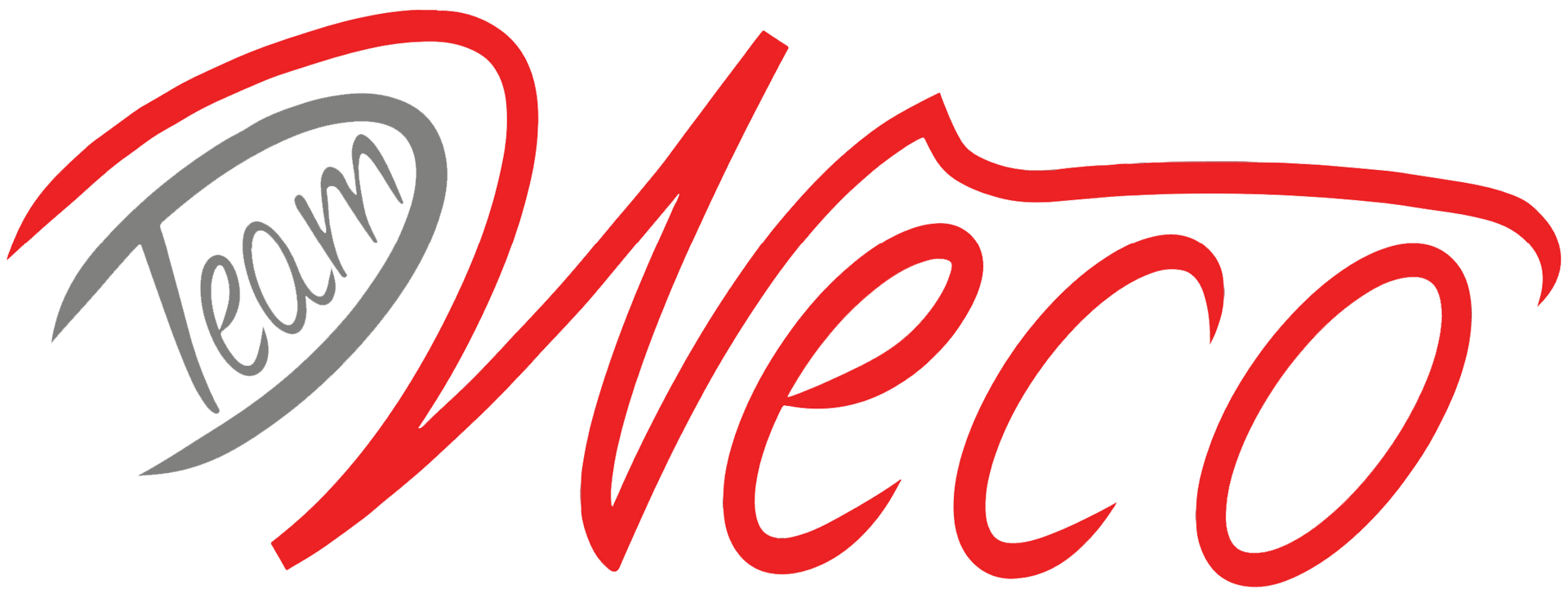How Regular ALI Inspections Keep Your Automotive Lifts Running Smoothly and Safeguard Your Business
In the fast-paced world of automotive repair, maintaining a safe, reliable workspace isn’t just about keeping equipment in check; it’s about protecting your business, employees, and clients from potential risks. The **Automotive Lift Institute (ALI) inspection plays a vital role in ensuring that your lifts not only function properly but also meet critical safety standards, which helps mitigate the risk of accidents—and costly litigation. ALI inspections provide a straightforward, essential service designed to promote workplace safety, not to catch your shop out in violations. Here’s how a regular ALI inspection can support your business and bolster safety.
1. Ensuring Equipment Performance and Longevity
The ALI-certified inspection process evaluates a lift’s critical systems, ensuring it operates within safety guidelines. By addressing any wear or minor malfunctions early, an ALI inspection keeps your lifts working smoothly and reliably.
Regular inspections often reveal early signs of damage or wear in lift components such as hydraulic lines, cables, locking systems, or arm restraints. Identifying these issues before they become serious prevents unexpected downtimes, minimizes repair costs, and extends the lifespan of your equipment. Over time, this proactive approach can save your shop substantial resources and stress.
2. Minimizing Risk and Protecting Your Company from Legal Consequences
Accidents involving lifts can be severe, potentially resulting in injury or worse, for technicians or customers. Beyond immediate safety, a functional lift that meets safety standards is a legal safeguard for your business. In the unfortunate event of an incident, proof of regular, documented inspections can demonstrate your commitment to safety, showing that your equipment was properly maintained and inspected. This due diligence is invaluable should litigation arise, as it can serve as evidence to reduce liability and show that your shop took reasonable steps to ensure a safe working environment.
Regular ALI inspections provide:
- Documented Proof of Compliance: These records can be critical in legal disputes, as they confirm that your lifts are inspected and deemed safe by a certified expert.
- Reduced Liability: An inspection regimen shows that your company actively works to mitigate hazards, potentially lowering the risk of legal action from employees or customers.
- Insurance Benefits: Many insurers recognize the value of routine inspections, as they reduce workplace hazards. Maintaining these inspection records may also contribute to lower insurance premiums, as a well-maintained lift indicates lower risk.
3. Maintaining a Culture of Safety Without Being “The Lift Police”
One misconception is that ALI inspections act as a punitive measure, aiming to "catch" shops with non-compliant equipment. However, ALI is committed to creating a safe environment, not policing your operations. Their inspectors work collaboratively to ensure your lifts meet safety standards, providing critical insights and information to create a safer workspace.
The process is thorough but supportive, guiding your team in implementing necessary corrections without penalizing oversights. This approach helps technicians feel empowered and informed, not scrutinized, about how to safely operate and maintain lifts. ALI’s focus is on supporting proactive, preventative maintenance, which builds a stronger safety culture across your operations.
4. Creating a Safer, More Productive Work Environment
Regular ALI inspections contribute to a culture of safety, showing technicians that their well-being is a priority. When employees trust their work environment, productivity increases, morale improves, and turnover decreases. Lift inspections create the foundation of a safe workplace, especially when paired with proper lift training and consistent reinforcement of best practices.
Technicians rely on lifts daily, so knowing that every lift has been certified safe allows them to work with confidence. They can focus on the job at hand without worrying about malfunctioning equipment, reducing stress and the risk of injury.
Conclusion
An ALI inspection is a critical yet straightforward investment in your company’s future, safety, and integrity. By providing regular, documented checks of lift systems, ALI inspections are an assurance—not an imposition—that protect your business from unnecessary risks. These inspections are designed not to enforce penalties but to promote long-term functionality, a culture of safety, and legal security.
Regular ALI inspections aren’t just for compliance; they’re a proactive way to keep your equipment performing optimally and your business legally protected. In the end, this means peace of mind for you, safety for your team, and a strong, responsible reputation for your company in the automotive service industry.
Contact Us
We will get back to you as soon as possible.
Please try again later.
